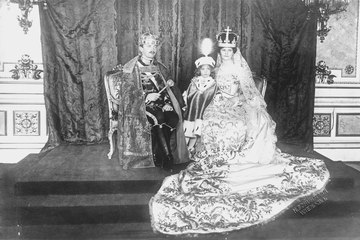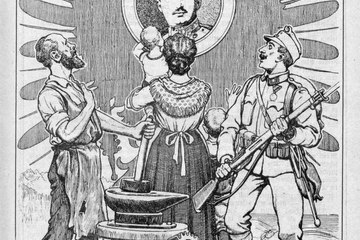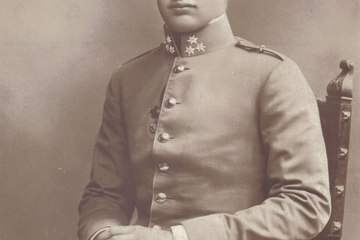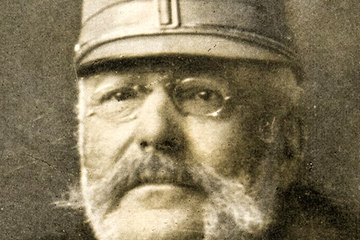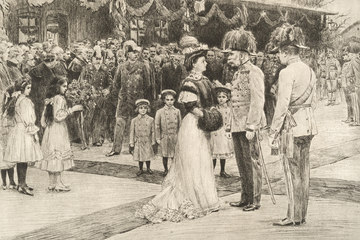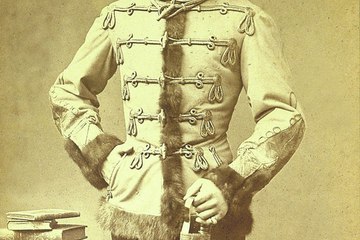Emperor Karl on his way into exile
In the winter of 1918/1919 Eckartsau was the setting for the final act in the long rule of the Habsburgs: for three months the hunting lodge was the home of Karl, the last, disempowered Austrian emperor, before the imperial family set off into exile.


